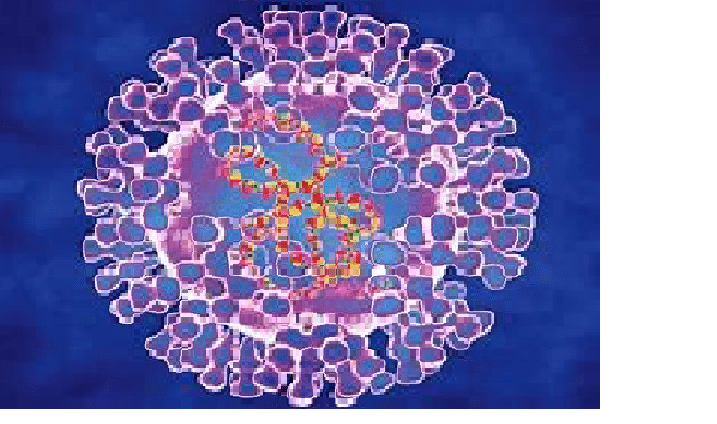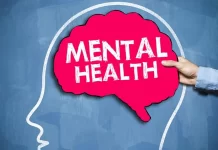
The World Health Organization expressed concerns about monkeypox spreading to vulnerable populations, as more cases continue to be reported in multiple countries.
On Wednesday, WHO Director-General Tedros Adhanom Ghebreyesus said in a press briefing that the virus has now been identified in more than 50 new countries and that trend is likely to continue.
“I’m concerned about sustained transmission because it would suggest that the virus is establishing itself, and it could move into high-risk groups, including children, the immunocompromised, and pregnant women,” Tedros said. “We’re starting to see this with several children already infected.”
WHO is aware of two cases of monkeypox in children in the United Kingdom, and is following up on reports of cases in children in Spain and France.
Meanwhile, according to WHO Chief Scientist Dr. Soumya Swaminathan, immunocompromised individuals are at the highest risk of death from monkeypox.
Tedros said countries should increase their surveillance by increasing testing as quickly as possible, take a best practice approach to manage their response, engage communities actively, and ensure equitable access to medical countermeasures such as vaccines and antiviral medicines.
Vaccines offering protection for smallpox and monkeypox are currently limited in supplies, with stocks available in a few countries such as the United States.
Monkeypox cases have been on the rise in DRC in recent years, WHO says
Interaction between humans and animals may be causing an increase in cases, according to the World Health Organization.
Dr. Michael Ryan, executive director of WHO’s health emergencies program, said countries with stockpiles of these vaccines, including the U.S., have expressed willingness to share their supplies, and WHO is exploring the possibility of distributing them. But regulatory and ethics authorities in countries would have to look into the use of the vaccines and weigh their risks and benefits, particularly when considering their use among vulnerable populations such as pregnant people.
WHO is currently not recommending mass vaccination for monkeypox, but to targeted high-risk groups: preexposure prophylaxis for health workers and laboratory personnel at risk of exposure, and post-exposure prophylaxis for close contacts of cases.
“We can provide the data, we can provide the science, but national regulatory authorities must be able to look at the risks versus the benefits,” Ryan said, reiterating the need for researchers and regulators to come up with common standard protocols for the use of antivirals and for the use of vaccines.
This will enable their use “in the safest possible way — should it be needed — and that we can collect the data needed to ensure that we advance our scientific knowledge on efficacy and on safety,” he added.










